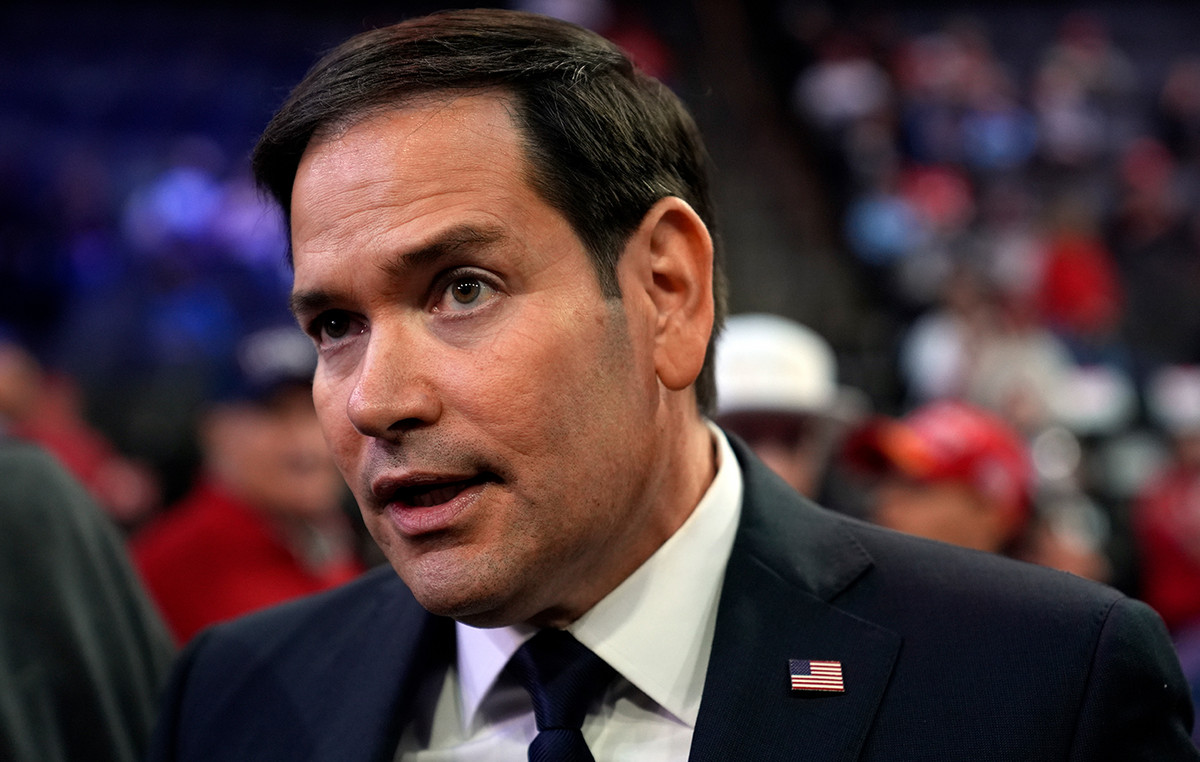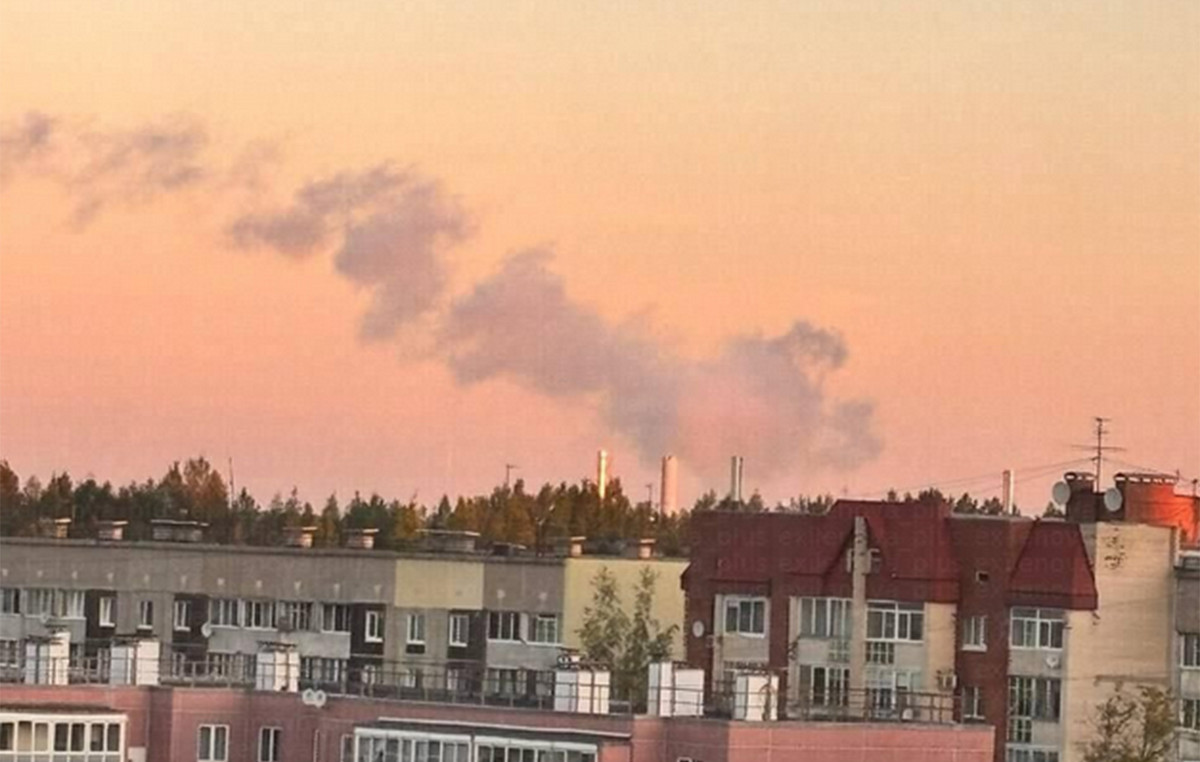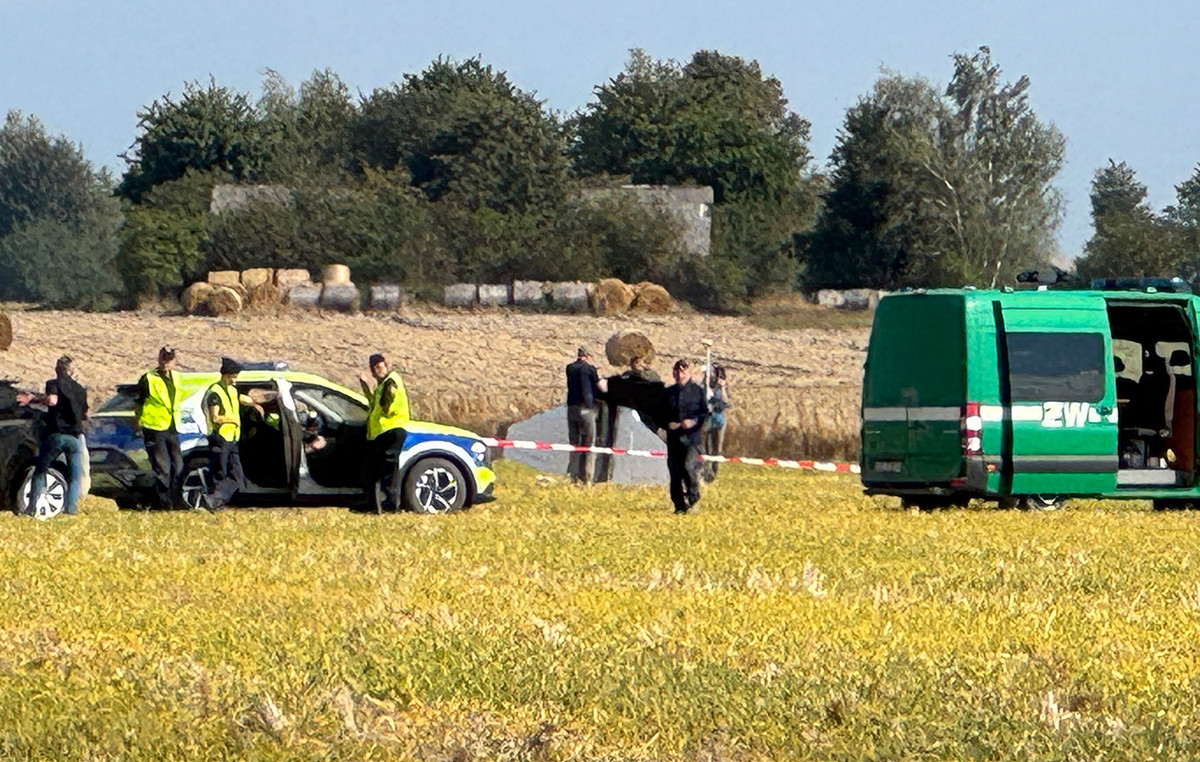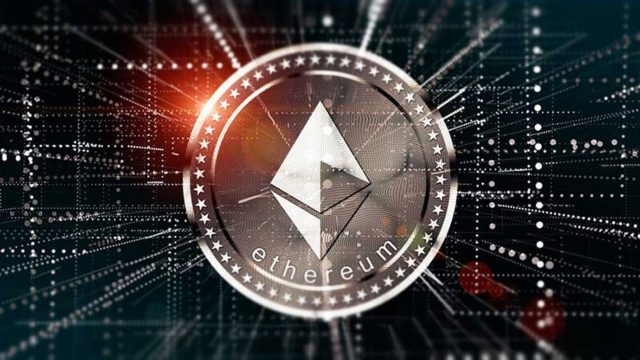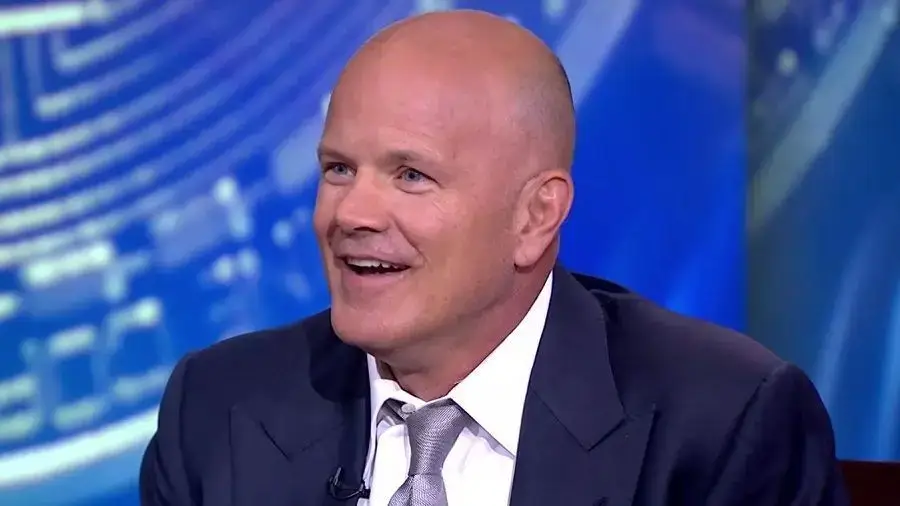Chinese leader Xi Jinping said on Friday that “true democracy” began in Hong Kong 25 years ago when China took control, marking a symbolic anniversary for the city transformed by its political repression.
“After their return to the motherland, Hong Kong compatriots became masters of their own affairs, the people of Hong Kong ran Hong Kong with a high degree of autonomy, and that was the beginning of true democracy in Hong Kong,” he said. Xi to Hong Kong officials in a speech.
The former British colony is now halfway through its 50-year promise of “a high degree of autonomy” given by Beijing under a framework known as “one country, two systems”.
But critics, including Western governments, have accused Beijing of violating those promises in recent years by tightening its grip on Hong Kong.
In 2020, a year after protests rocked Hong Kong, Beijing imposed a sweeping national security law on the once free city.
Two years later, no opposition lawmakers remain in Hong Kong’s legislature, while nearly all of its leading pro-democracy figures, including activists and politicians, have been forced into exile or imprisoned — with dozens of them behind bars.
Xi’s two-day visit was the first time he had set foot in the city since unleashing the widespread crackdown.
In his speech, Xi struck a triumphant tone, declaring that Hong Kong had “put an end to chaos and violence” and was ready to “break new ground and take a new leap forward” in the next five years.
He also stressed that Hong Kong must be ruled by “patriots” – that is, those loyal to the ruling Communist Party.
“It is a universal rule in the world that political power must be in the hands of patriots. No country or region in the world will allow unpatriotic or even traitorous or traitorous forces and figures to seize power,” Xi said.
At the ceremony, Xi swore in John Lee, a former police officer turned security chief, as Hong Kong’s new leader, replacing former chief executive Carrie Lam.
Lee, who became the face of national security law after overseeing the arrests of dozens of activists and raids on newsrooms, laid out his vision of a “new chapter for Hong Kong”.
He said the city was as free and advanced as it ever was – and vowed to continue its development, with a focus on greater integration with mainland China.
Silence in the streets
Early in the morning, Lee and hundreds of Hong Kong officials attended a flag-raising ceremony under dark skies beside the city’s Victoria harbor, which kicked off the day of ceremonies.
The pomp and circumstance was largely limited to the Convention and Exhibition Center on the harbor front. On the streets, the weather was much more stuffy, due to Covid-19 restrictions.
Police presence was heavily visible throughout Friday morning, with officers in groups of four patrolled walkways, sidewalks and subway stations and exits in the Admiralty and Wan Chai business districts.
“There’s really nothing to celebrate. The whole ceremony is very well guarded and the public is not invited anyway, just as (the government) no longer wants ordinary people participating in political discussions,” said Tse, a photography enthusiast in his 20s who went to the edge of the city. sea to see the police boats and helicopters.
In Hong Kong, July 1 was traditionally marked by massive pro-democracy marches that filled its busy main streets. But no protests were seen this year.
Most of the city’s pro-democracy groups disbanded after the national security law. And of the organizations that remain, none requested permission to hold peaceful protests during Xi’s trip, according to police.
The few public meetings that took place on Friday were organized by Beijing supporters.
In the city’s Tsim Sha Tsui district, across the water from where the formal handover anniversary ceremonies were held, a group of about 30 people gathered to hold the Chinese national flag and a patriotic flag.
Martin Chan, who was accompanied by his wife and two children, was among the group that braved the storm to enjoy the holiday.
Chan said her children survived the 2019 anti-government protests but were still too young to understand why they happened.
“The important thing is that Hong Kong is stable and safe now,” he said. “We need to respect each other despite any differences, and also respect mainland China.”
Broken heart and criticism
For politicians and pro-democracy activists who have fled Hong Kong, the anniversary is a moving event to watch from afar.
Former lawmaker Ted Hui, who left the city for Australia on bail on what he says were politically motivated charges, said in a Facebook post on Friday that the anger in his heart “has never been extinguished”.
“I feel as strongly about Hong Kong as if I never left: I can’t leave the place I love and I can’t leave my comrades in prison,” he wrote.
“Hong Kong currently has more than 1,000 political prisoners, as well as a justice system destroyed by the wicked national security law, as well as the total annihilation of the free press and democratic society,” Hui said.
Another former lawmaker Nathan Law, who fled to the UK in 2020, said the Hong Kong he knew had become unrecognizable.
“We exist in the struggles and in the cracks: we set out to walk towards a promised and ideal Hong Kong. After walking away, we look at the city that retains its glamorous facade, but this ‘new Hong Kong’ has lost its resonances, we still yearn to return. [à nossa antiga Hong Kong],” the 28-year-old said in a Facebook post on Thursday.
* Charlie Fong of CNN contributed to this story
Source: CNN Brasil
I’m James Harper, a highly experienced and accomplished news writer for World Stock Market. I have been writing in the Politics section of the website for over five years, providing readers with up-to-date and insightful information about current events in politics. My work is widely read and respected by many industry professionals as well as laymen.

